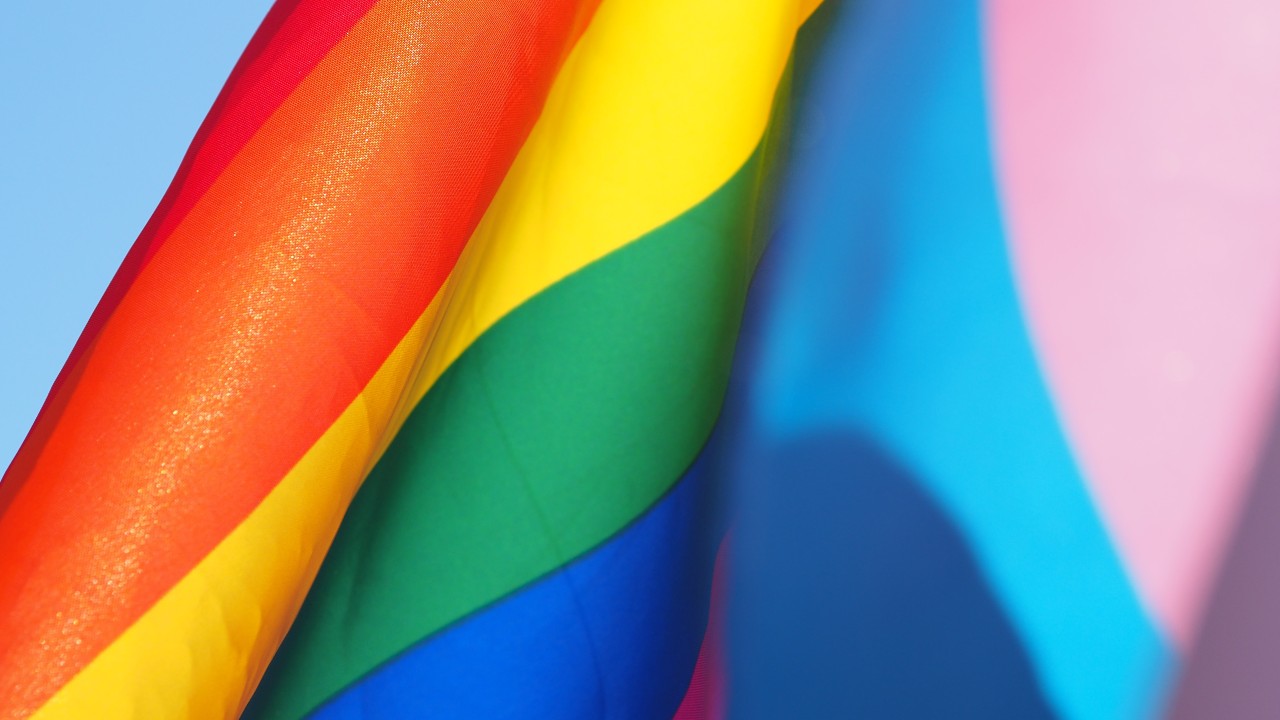Record numbers of people are entering higher education. In England, over 50% of young adults now go to University. At the same time, fees are higher than they’ve ever been. For a large percentage of the population, this must seem like a fair trade off: spend money now in the hope of earning more in the future.
But do all students get a fair chance in higher education? Are they being taught the right things? And more importantly, what exactly is the role of a university in society?
These are questions that Professor Rajani Naidoo has grappled with throughout her career. She researches higher education management, exploring how universities can operate differently to create a better and fairer world.
As the Director of the International Centre for Higher Education Management (ICHEM); the University of Bath’s Vice-President for Community and Inclusion; a core contributor to the Bath DBA in Higher Education Management; UNESCO Chair in Higher Education Management and Visiting Professor at Nelson Mandela University in South Africa, Rajani is uniquely placed to translate her scholarly findings to real-world impact.
What are universities really for?
Rajani’s research asks questions about how universities contribute to the 'global good'. This has many angles. She explores the role of universities in society, asking what their responsibilities are both nationally and internationally.
She also looks at the culture of competition in the higher education sector, and how competition - carelessly applied - can have negative effects on teaching and research.
Of all of Rajani's research areas, perhaps the most personal to her is inclusion in higher education. She studies how the current university set-up excludes certain people and finds solutions to improve things.
Inclusion and access
Rajani understands well the importance of inclusion in higher education. She grew up in South Africa during apartheid. Around the time she left school, South African universities had started to open their doors to students of all ethnicities. Yet when she started her undergraduate degree, Rajani found herself the only woman of colour in her class.
'That was sobering', says Rajani. 'I wasn’t allowed to live on campus with all the other students because of the race laws. I did well, but it taught me quite a few things about what it means to be included and excluded in higher education.'
After she graduated, Rajani joined a new university. There, she and colleagues piloted an alternative model of higher education for post-apartheid South Africa that was focused on providing equal opportunity.
Other universities relied on school results, which was illogical in a country with an unequal school system. This new model used a ‘test for potential’ and interviews to identify young people from disadvantaged parts of society who were denied opportunities to achieve . If a student did well in their first year, they would gain entry into the second year of one of the country’s elite institutions. This system allowed talented students to get into universities on merit.
‘If you attend a poor school, you're unlikely to get that amazing score to get you into a top university. It’s not a level playing field. The rich get into those universities, do well and get better jobs. The poor don't. Inequality breeds inequality. Universities can change this,’ says Rajani.



